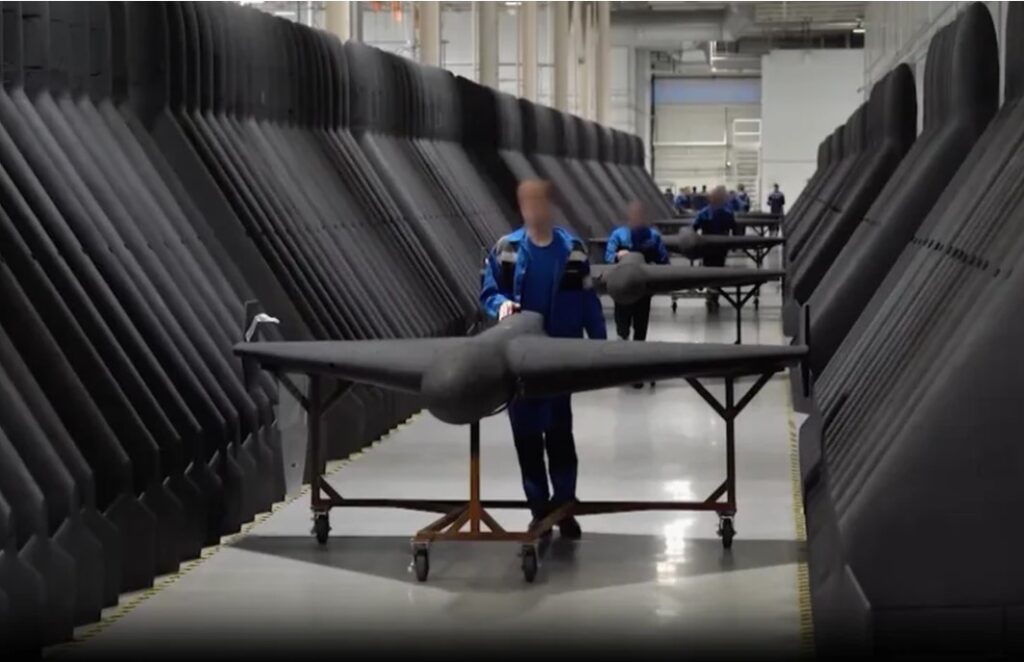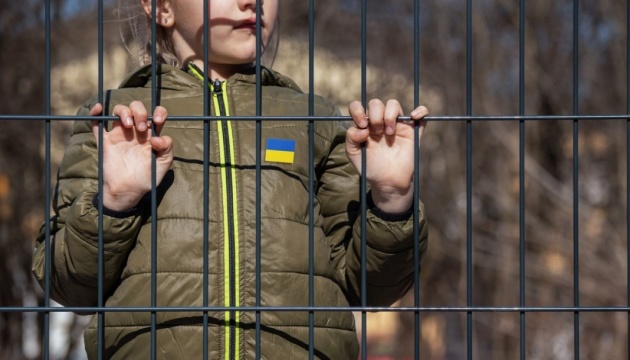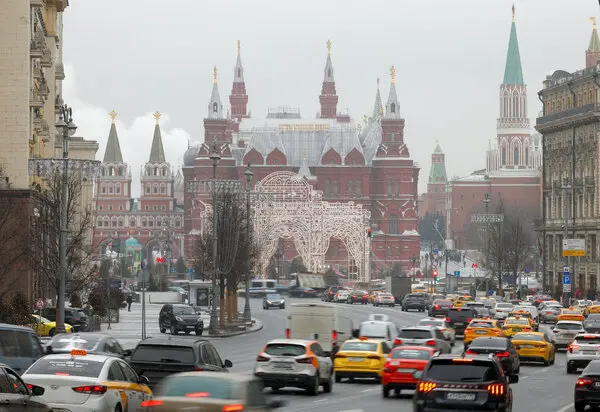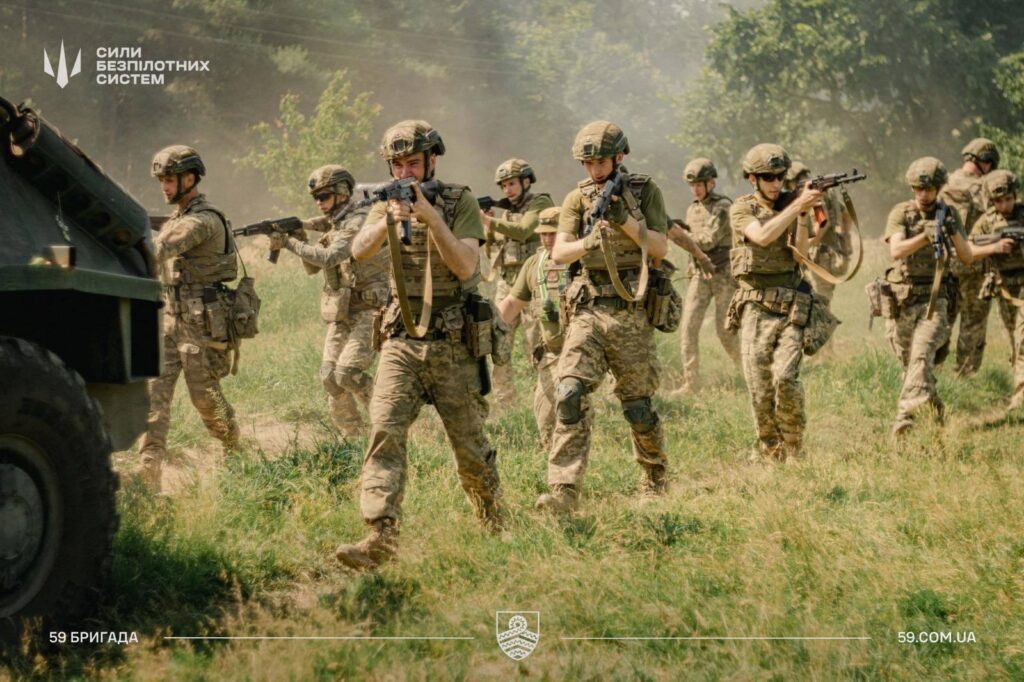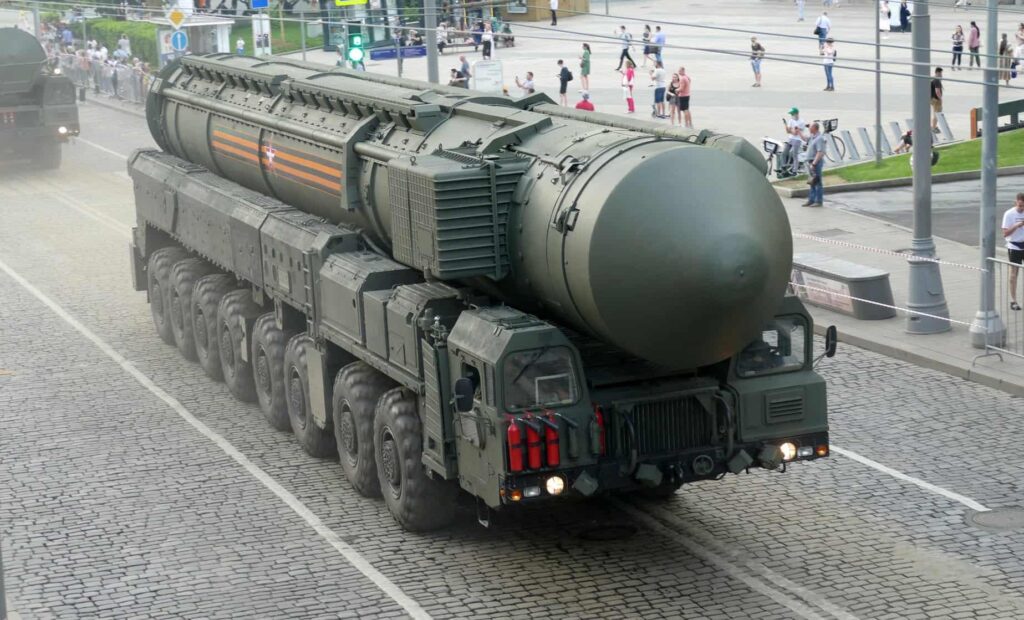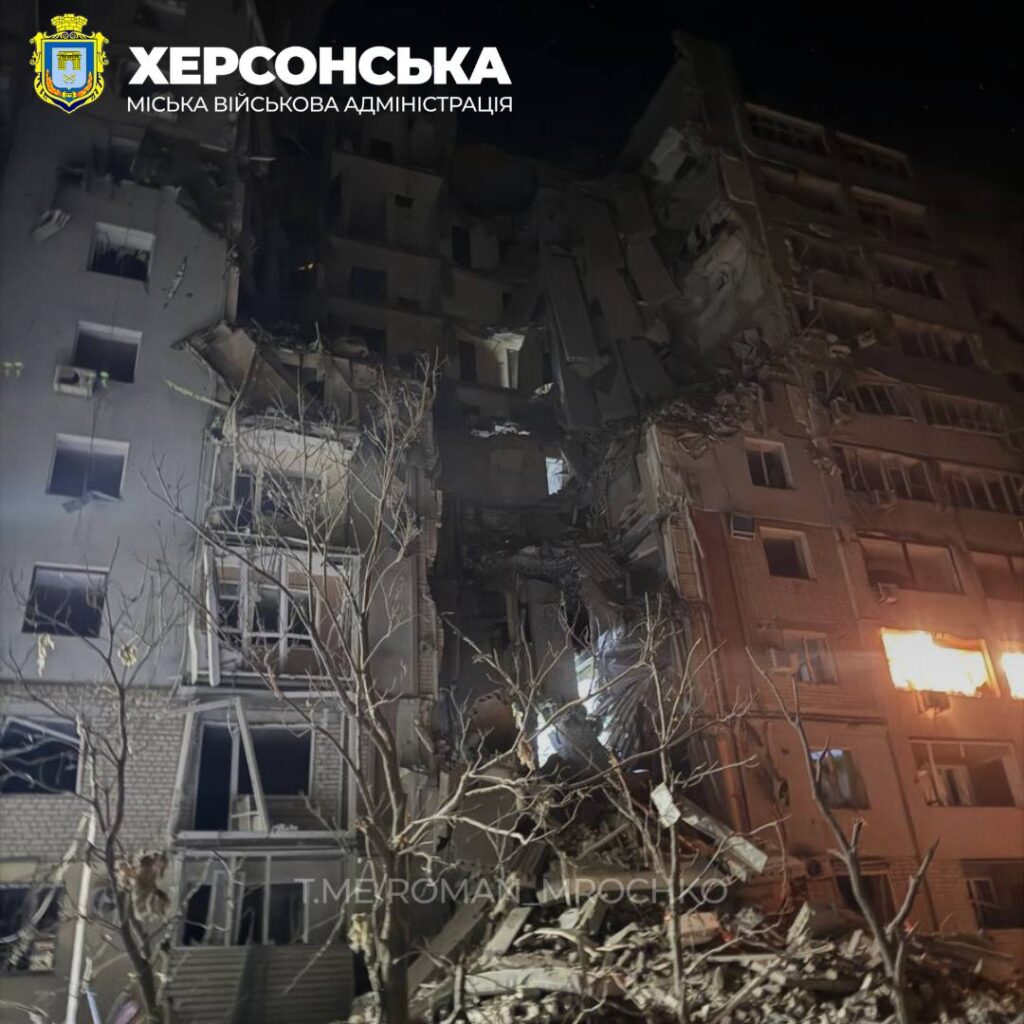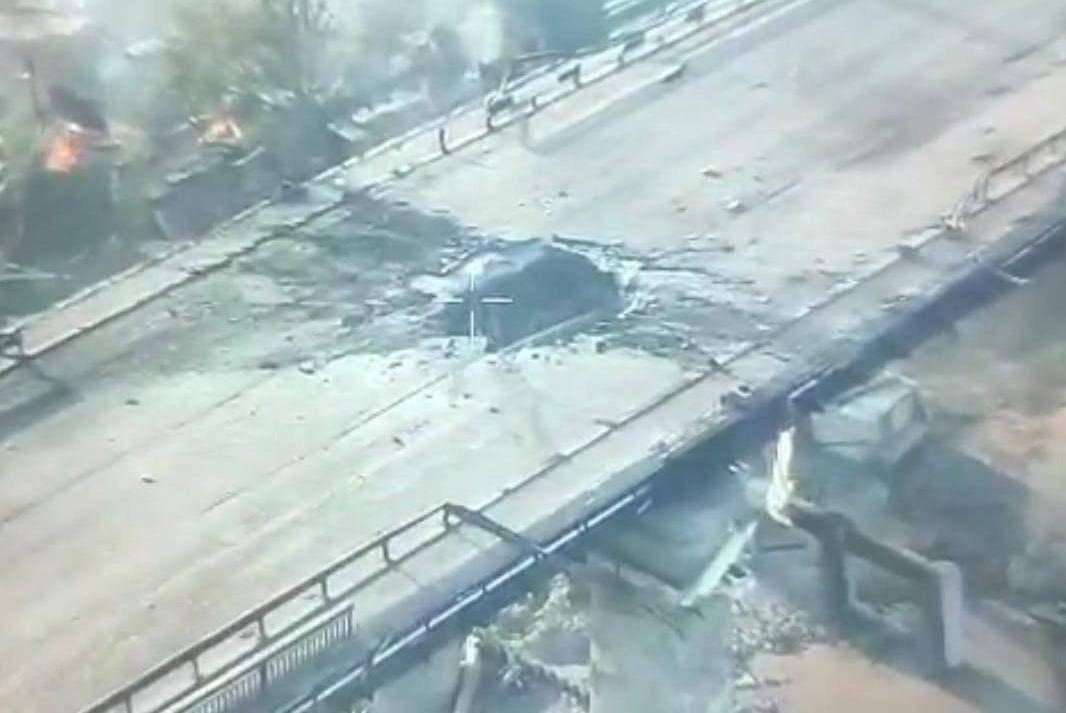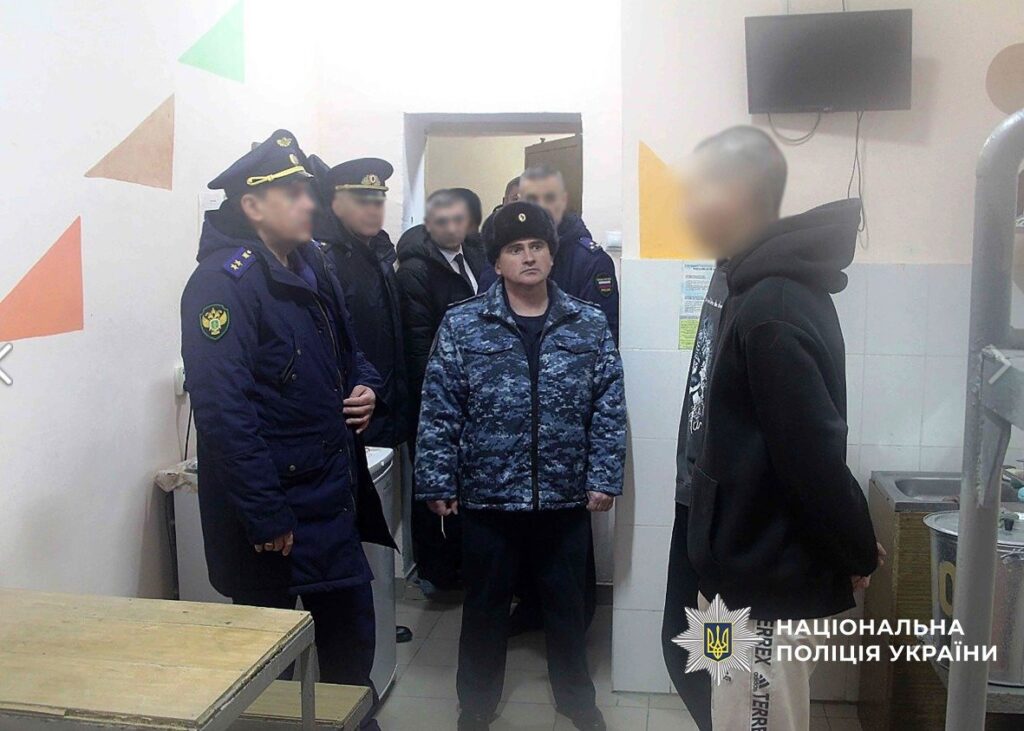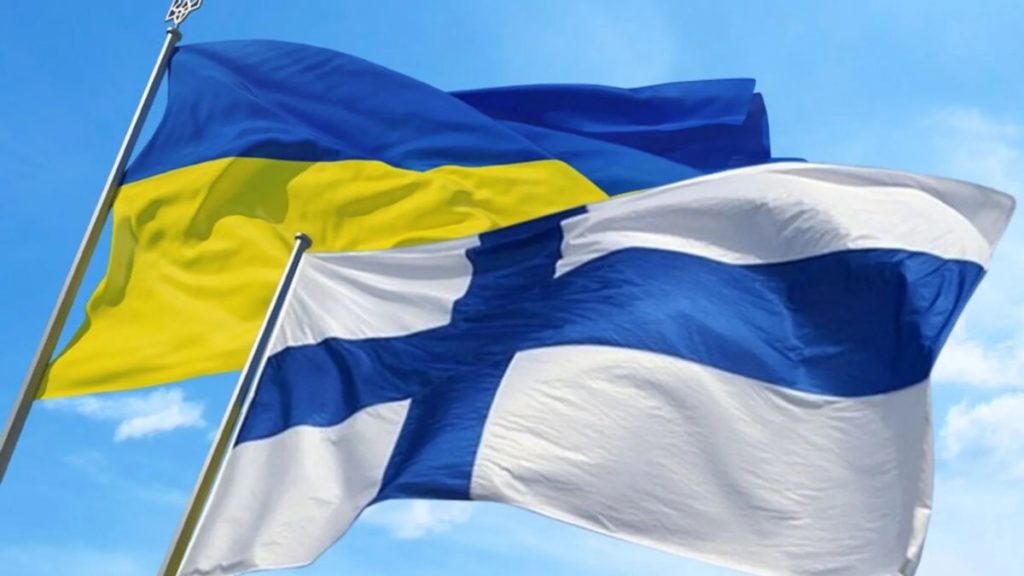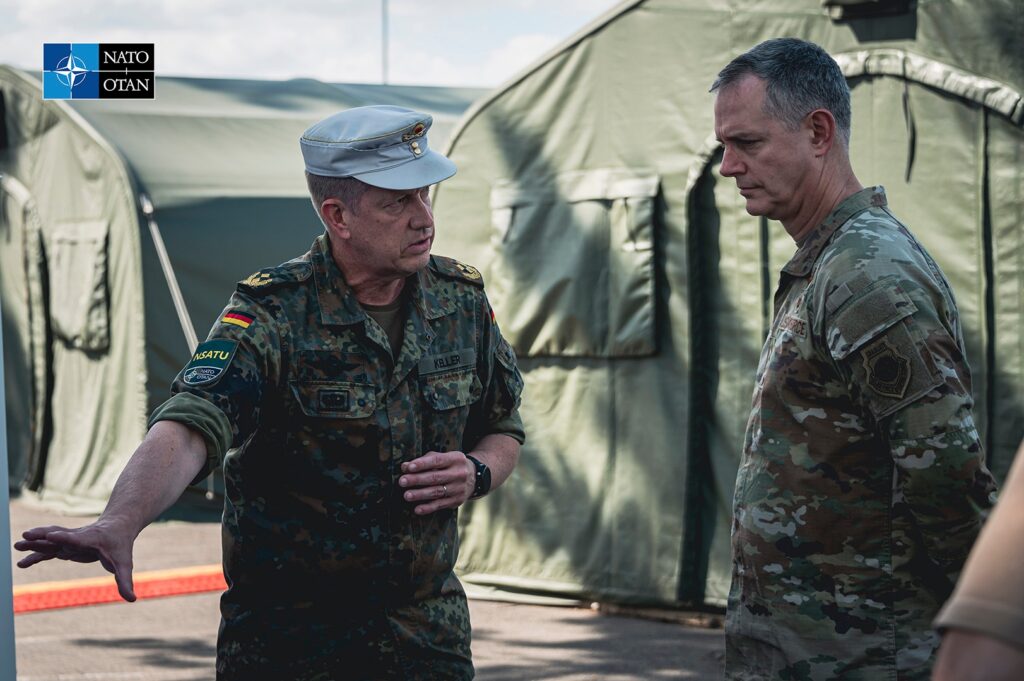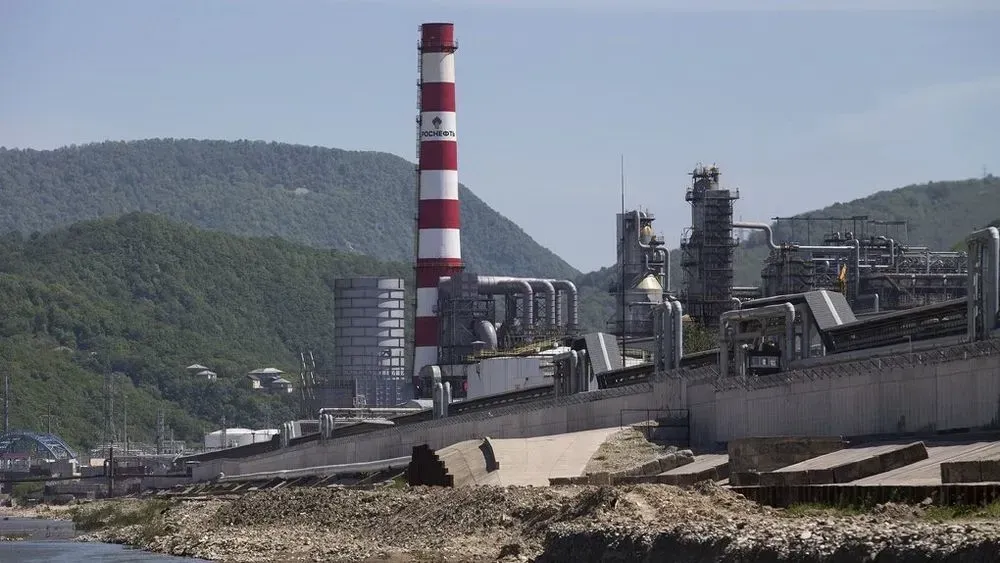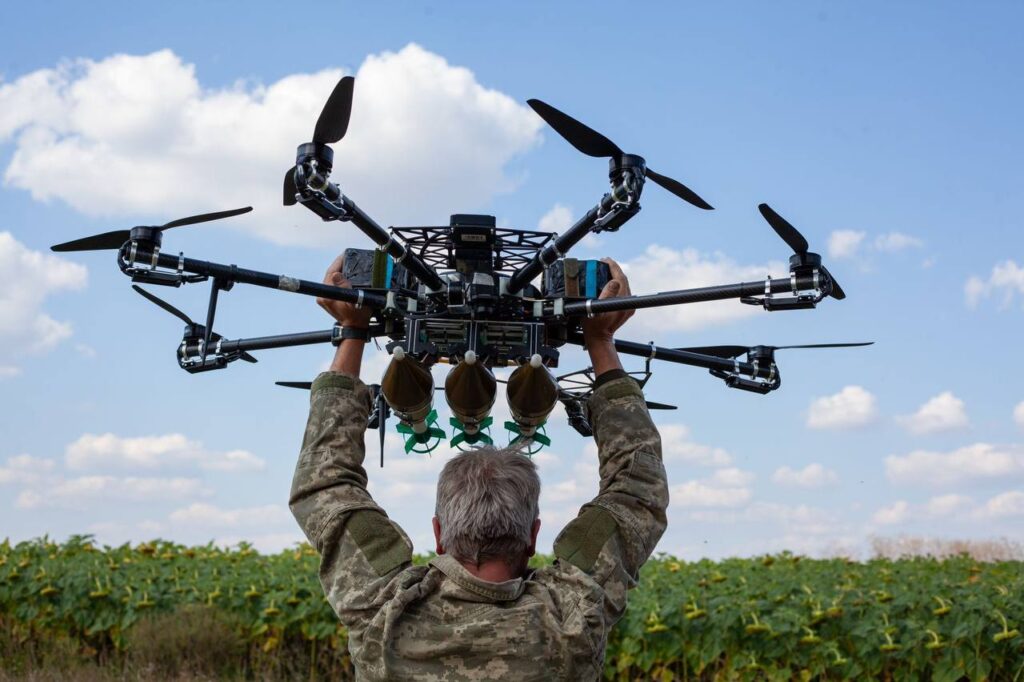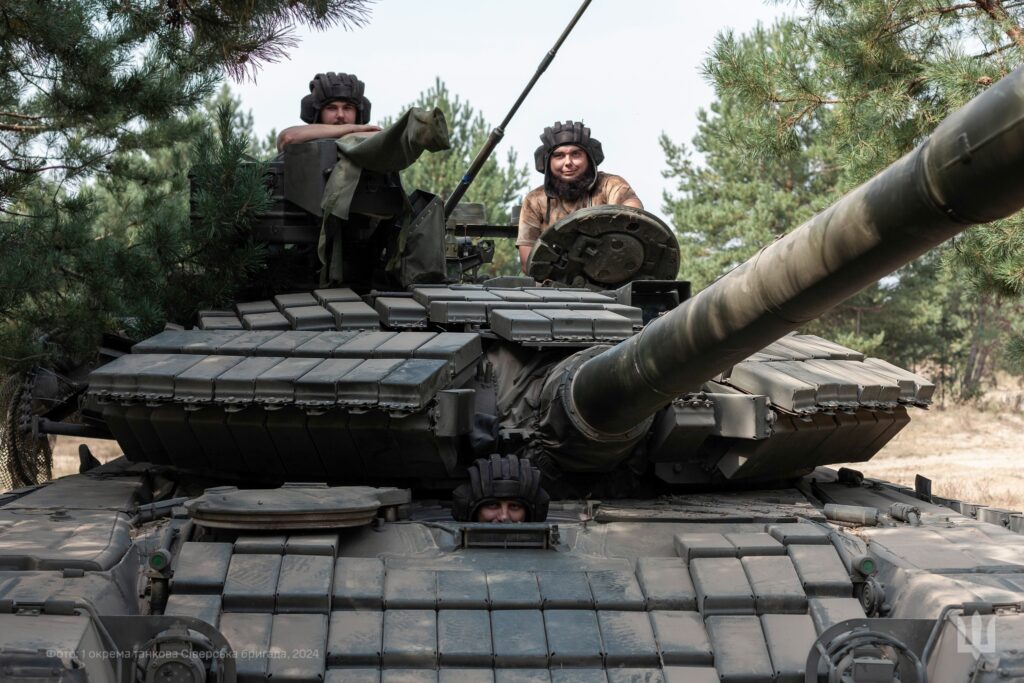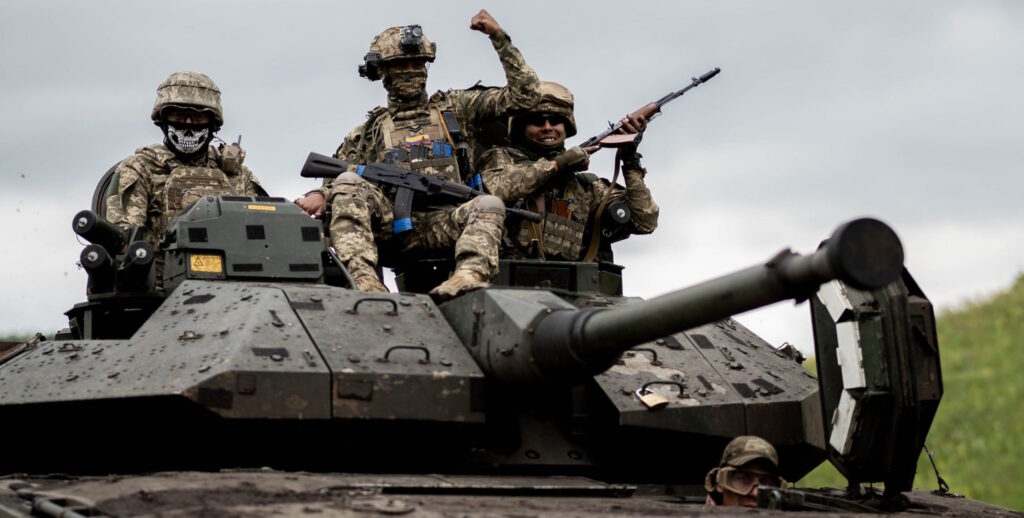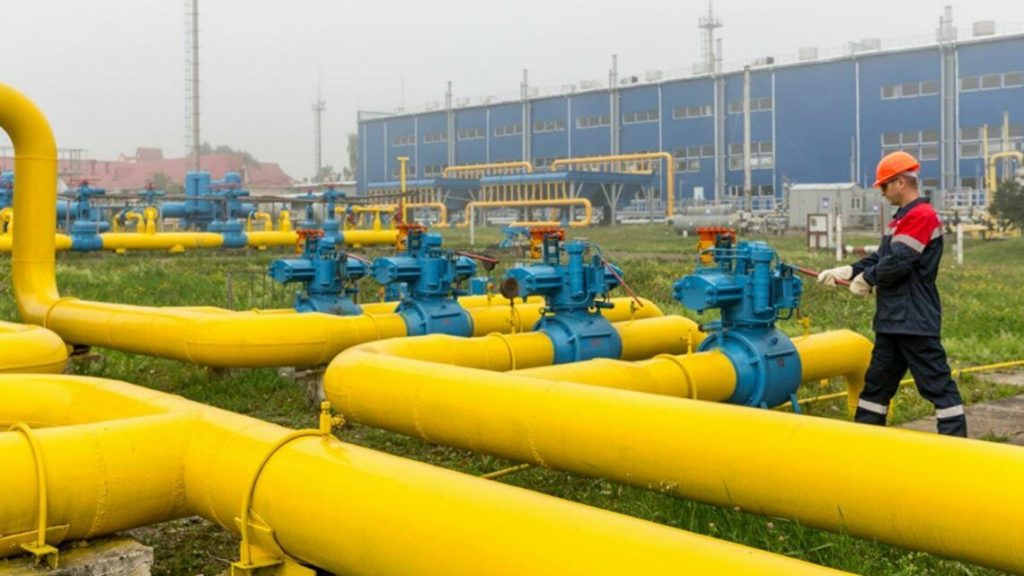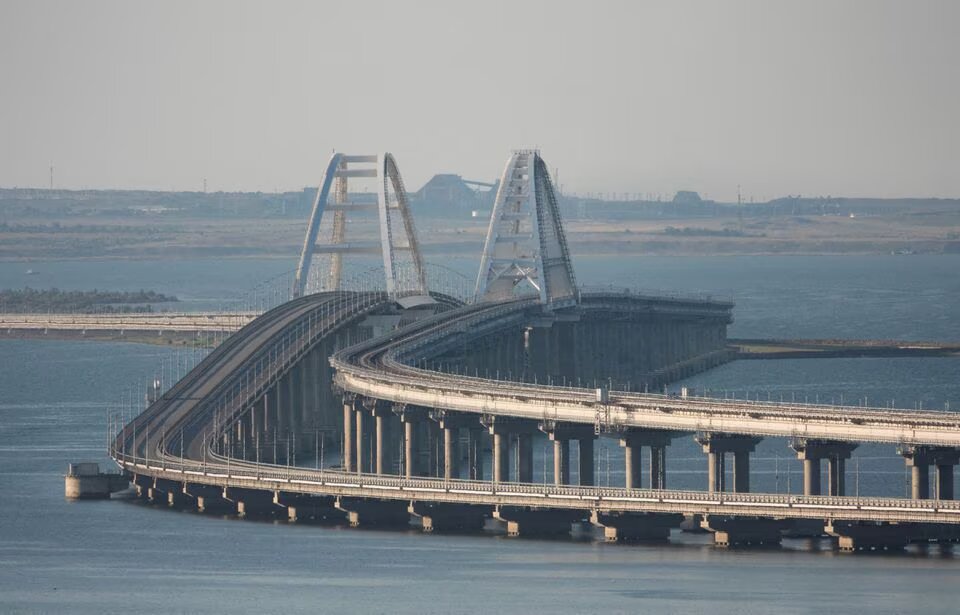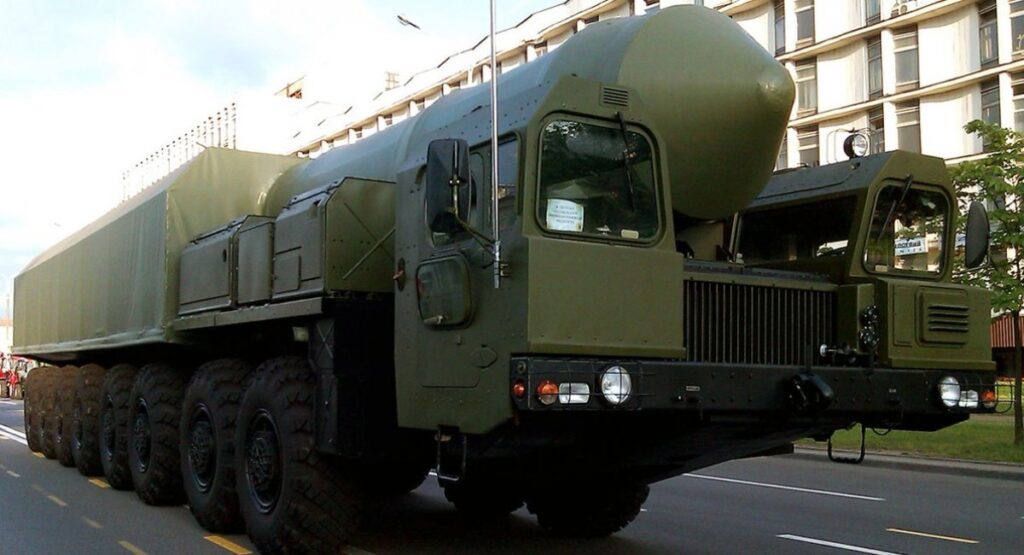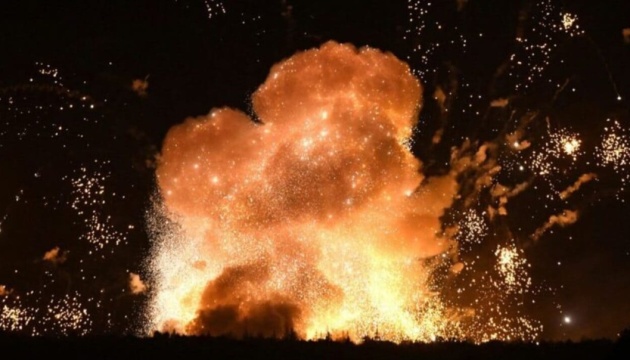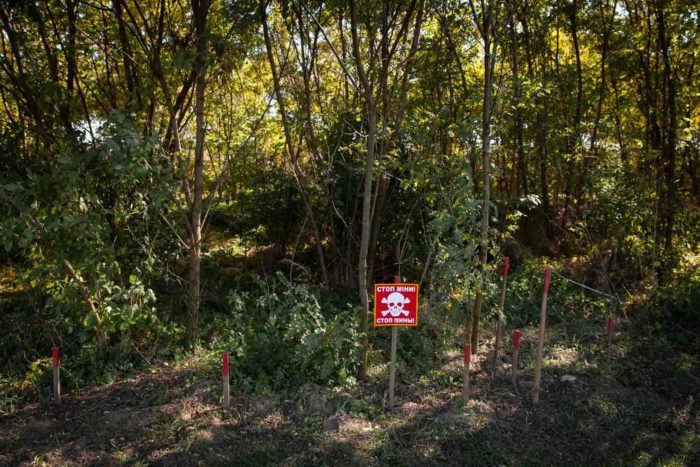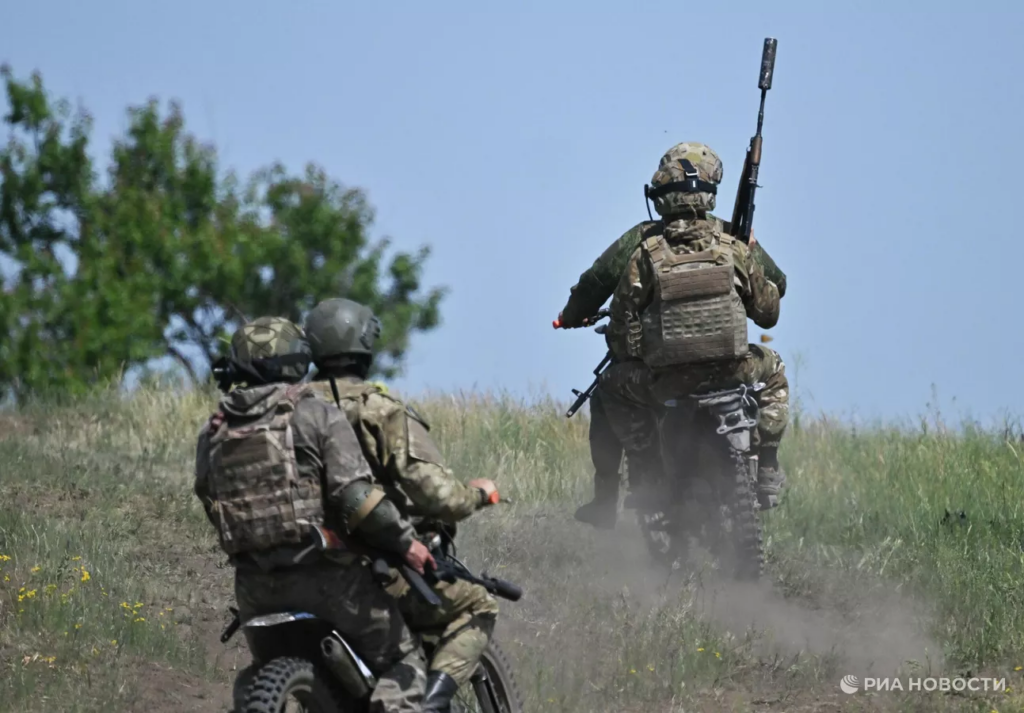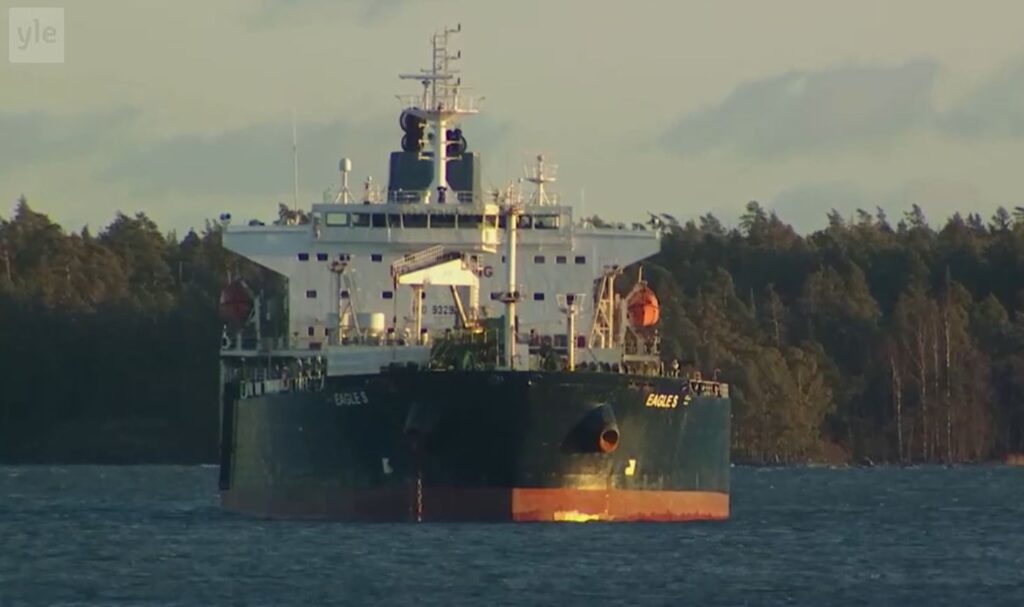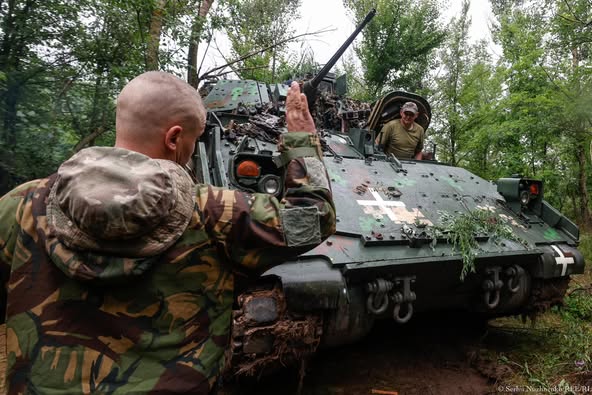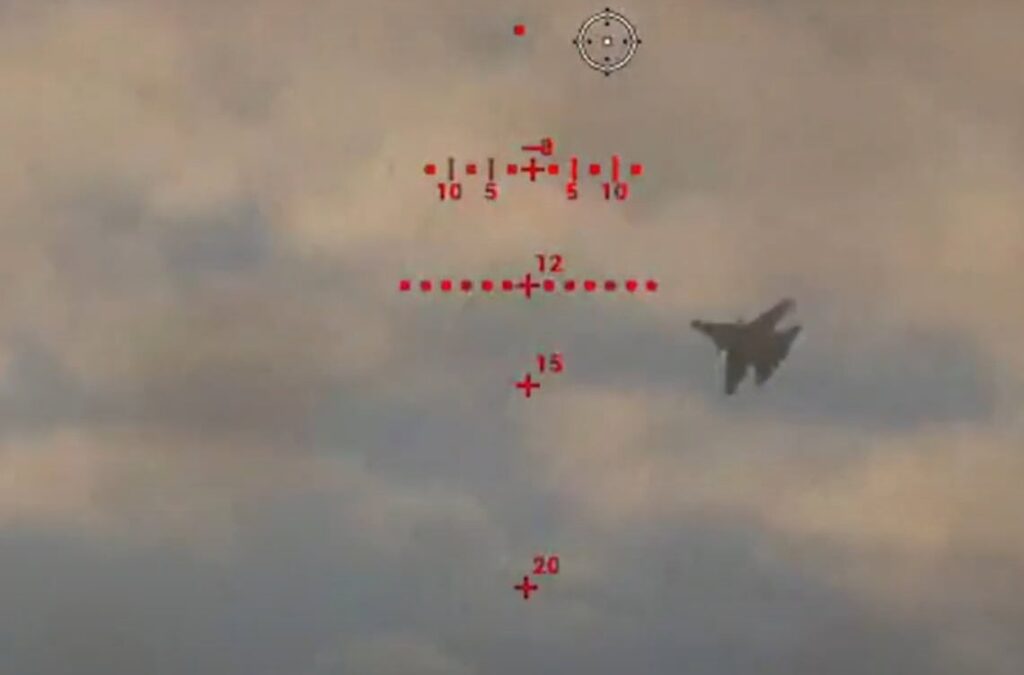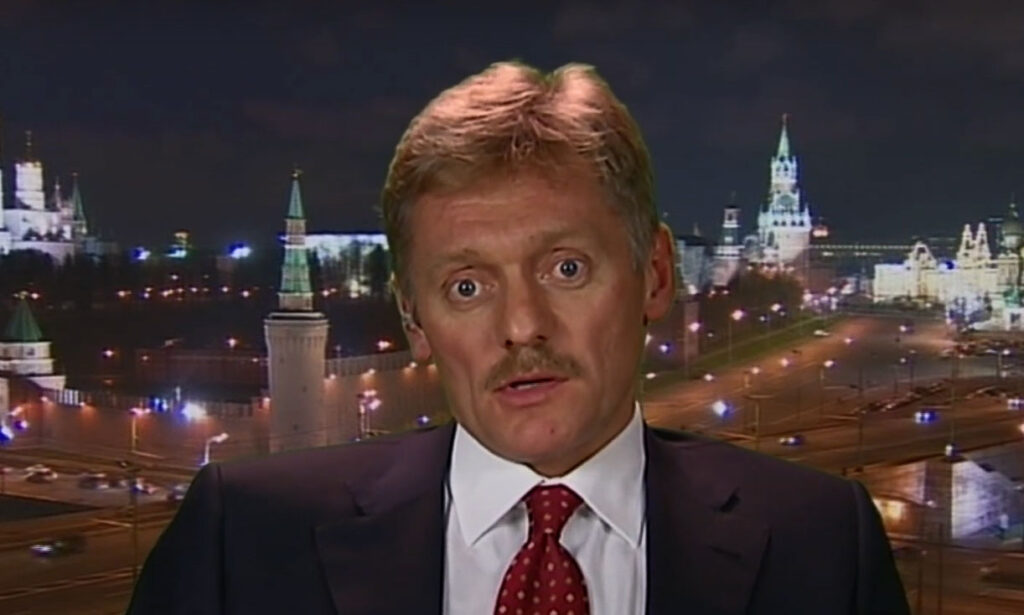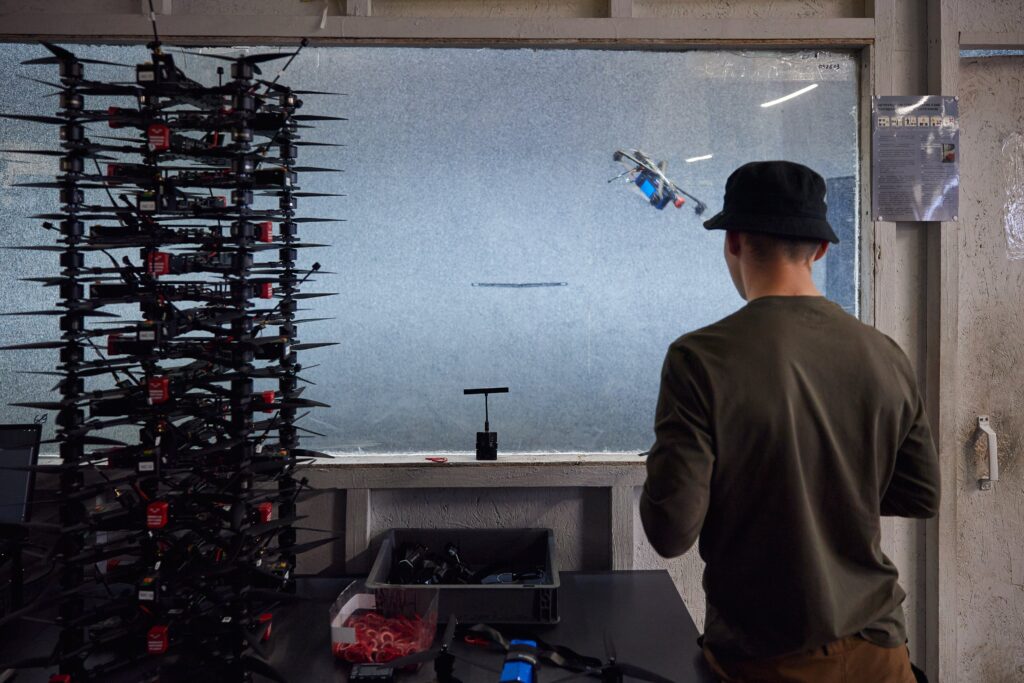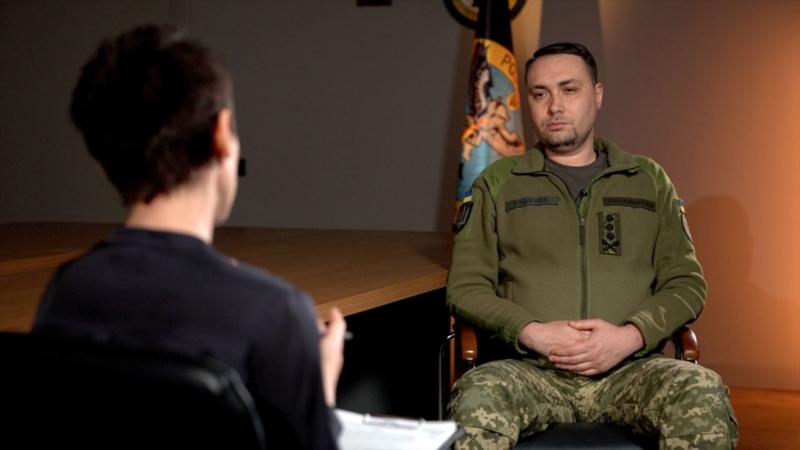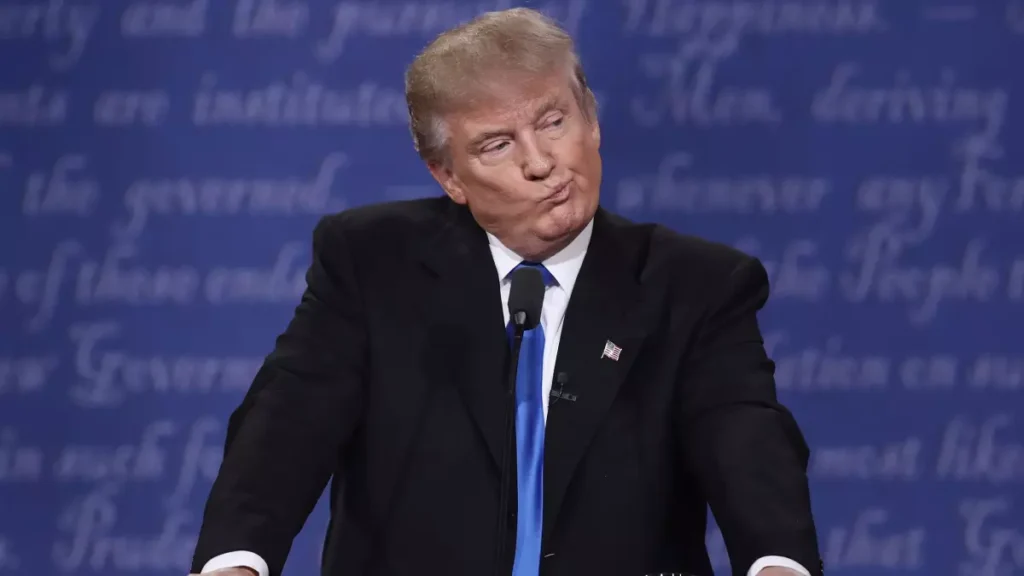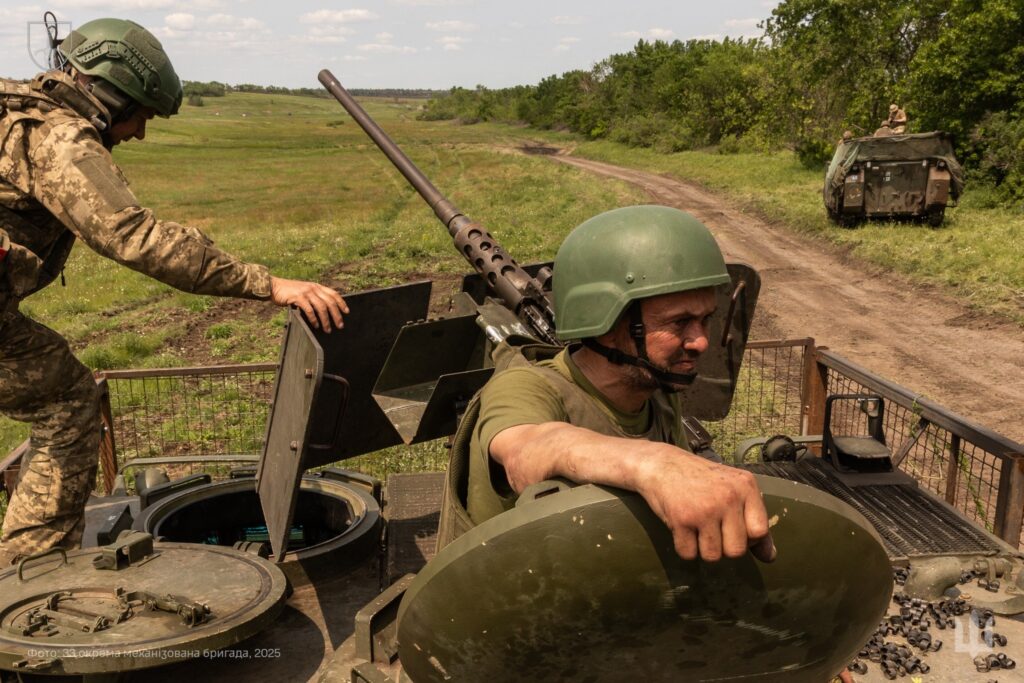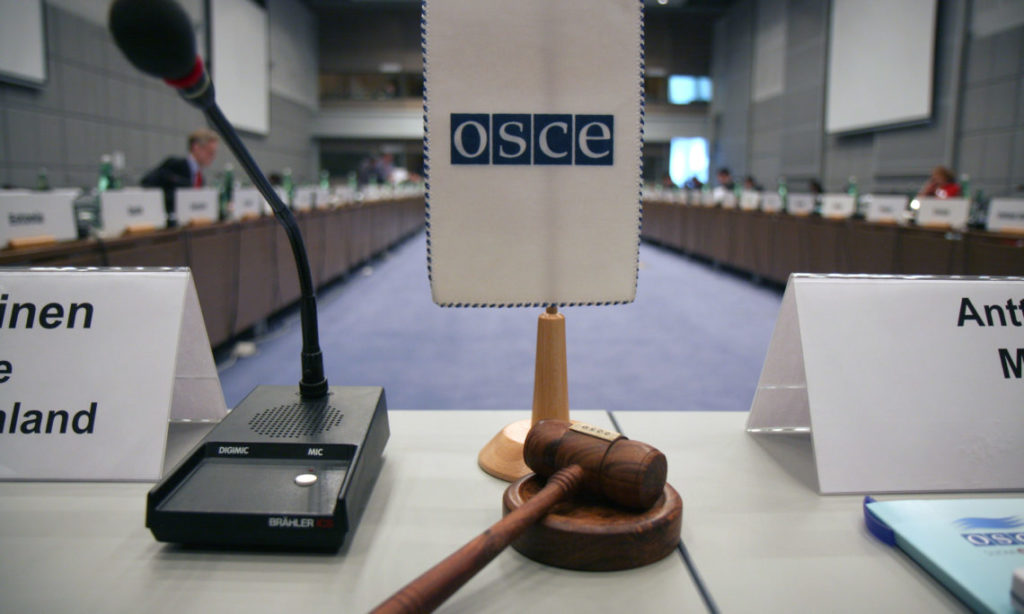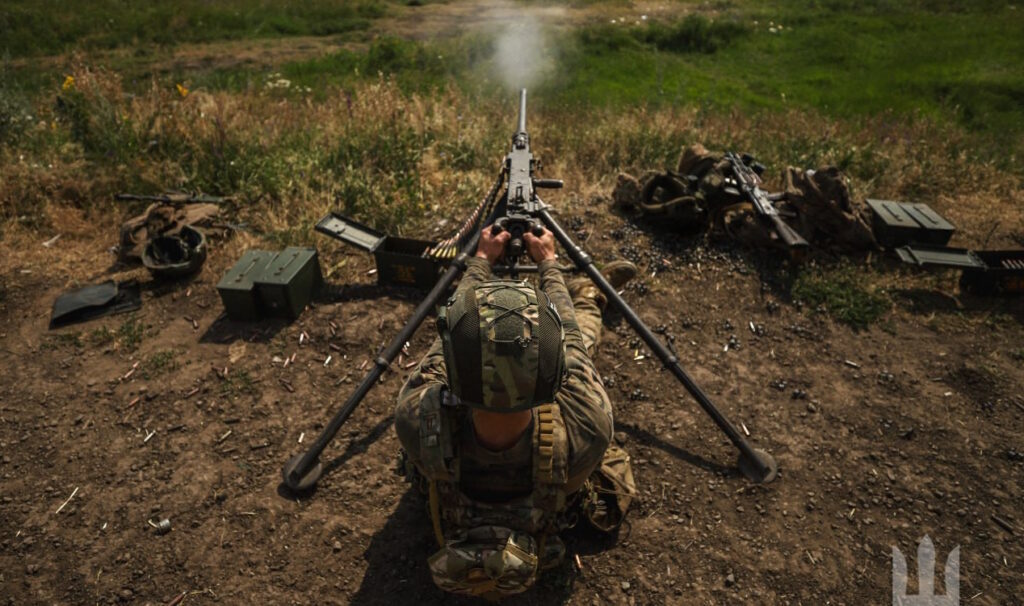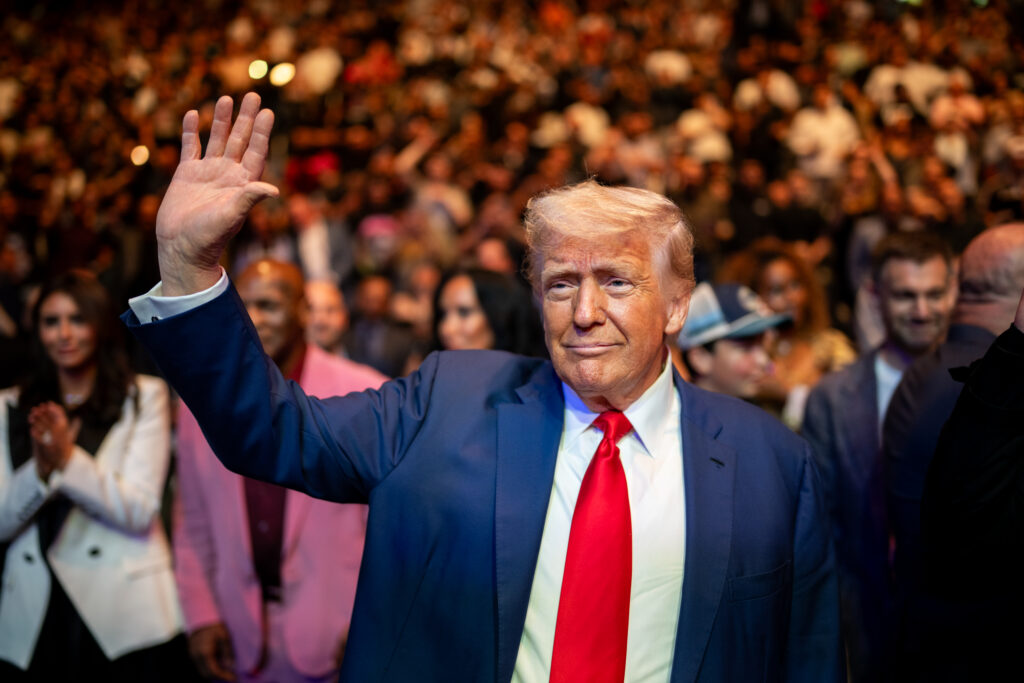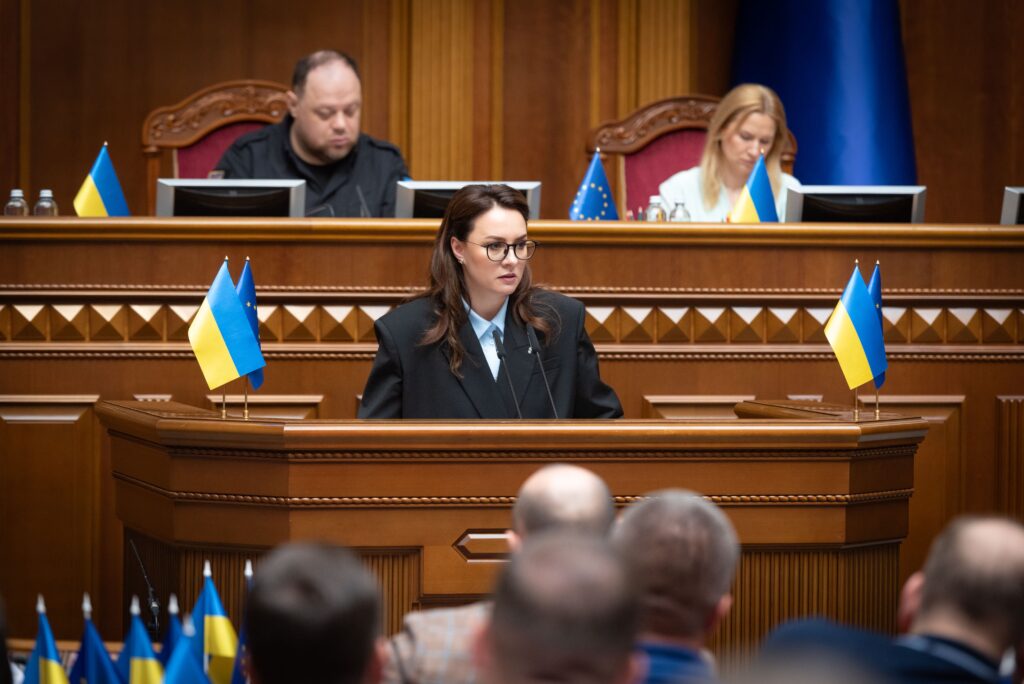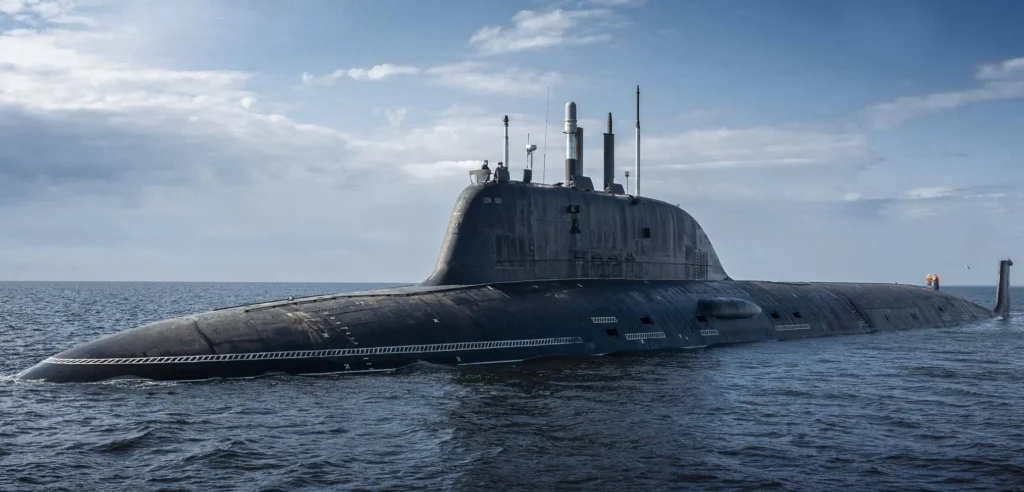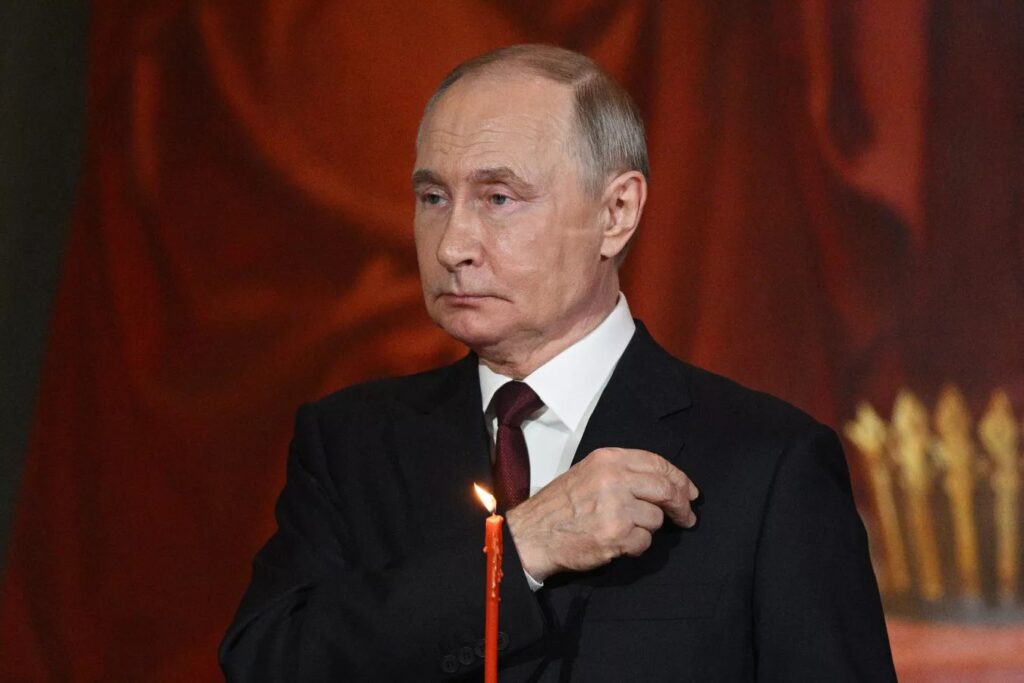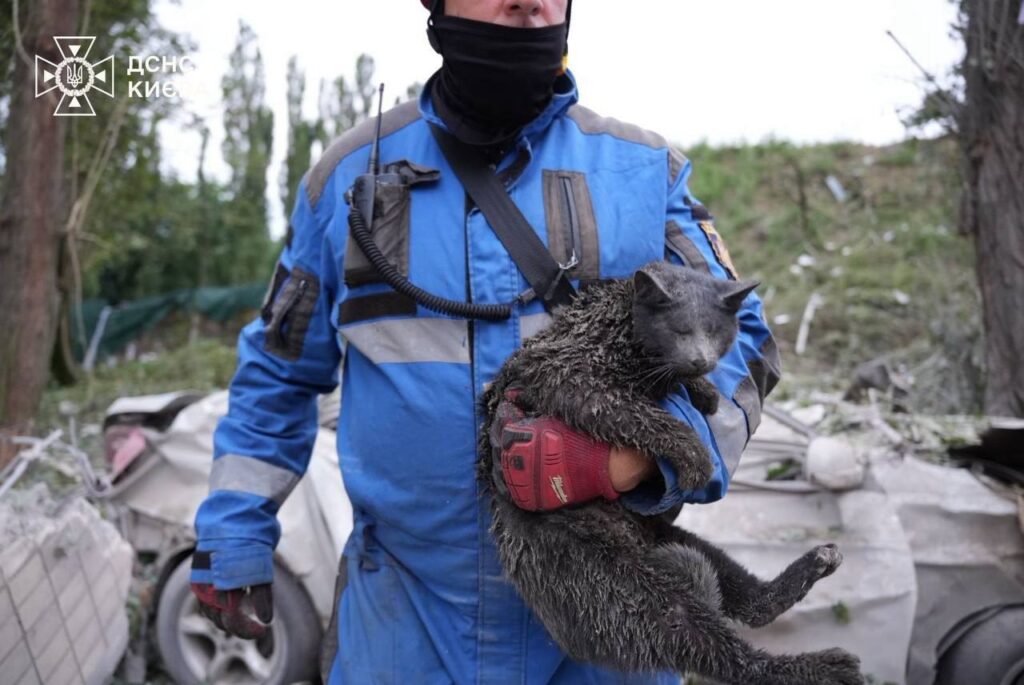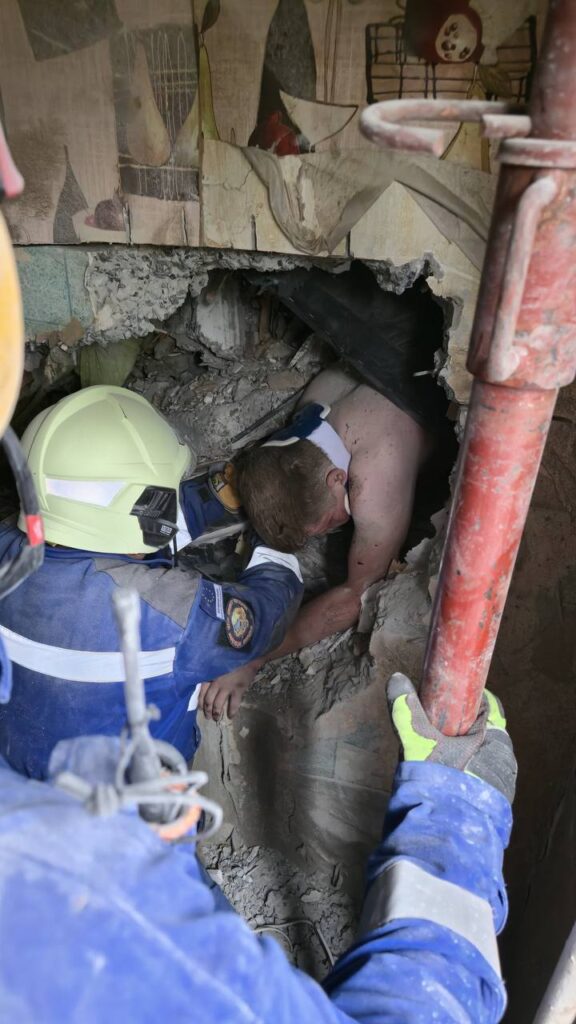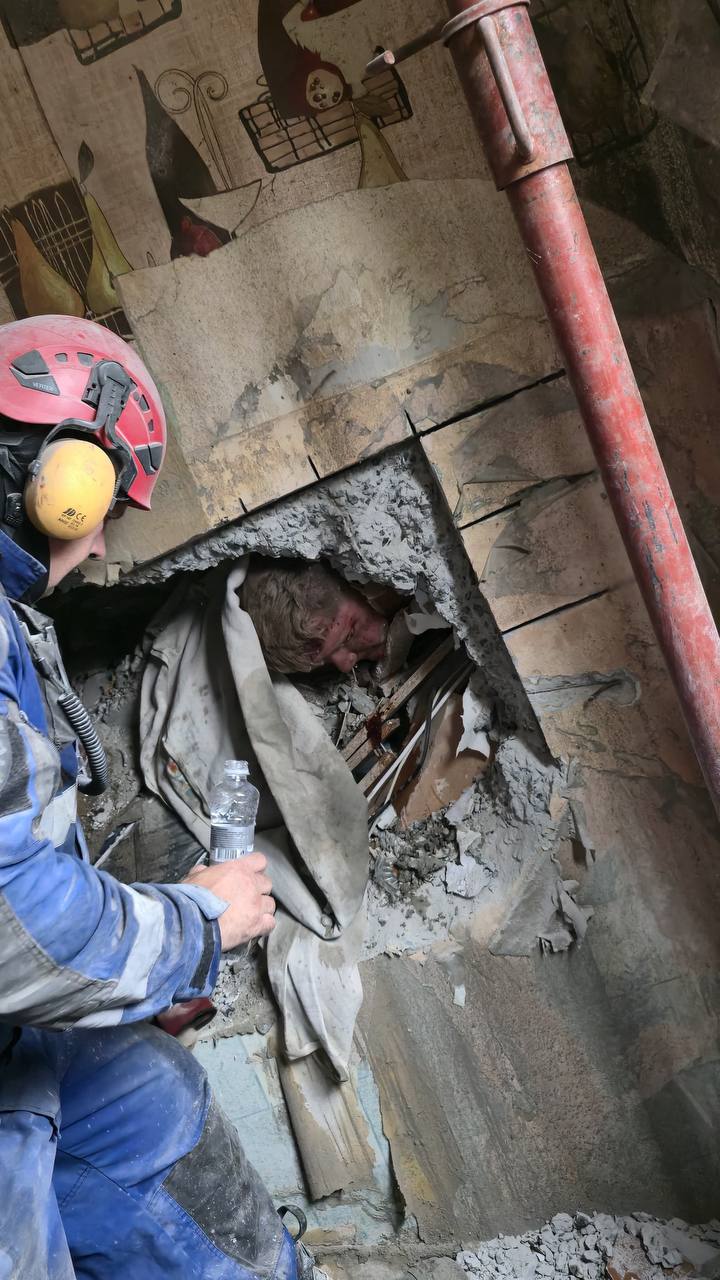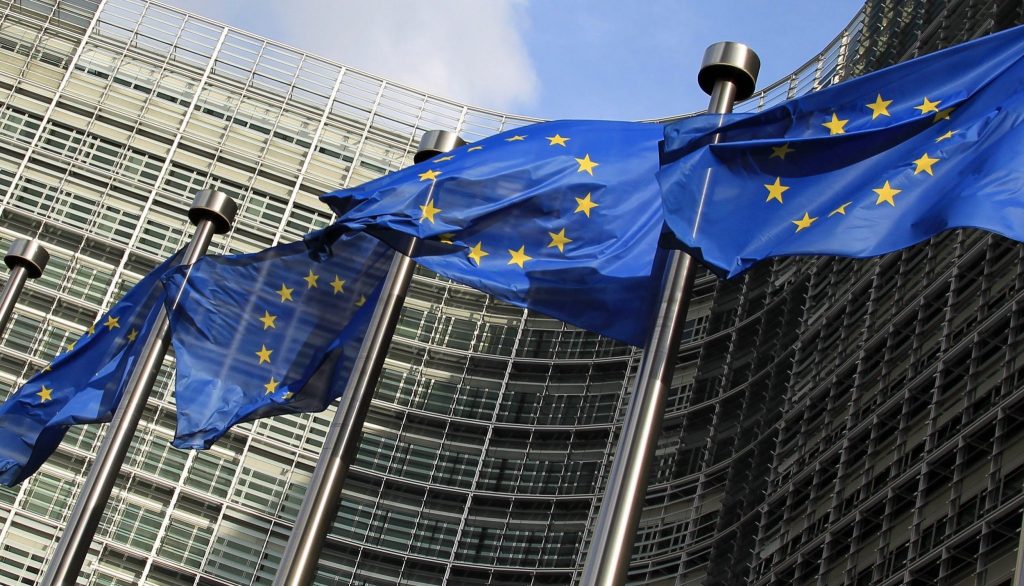“Peace as trap”: Ukraine may face pressure from US and Russia to accept Kremlin’s demands, says diplomat
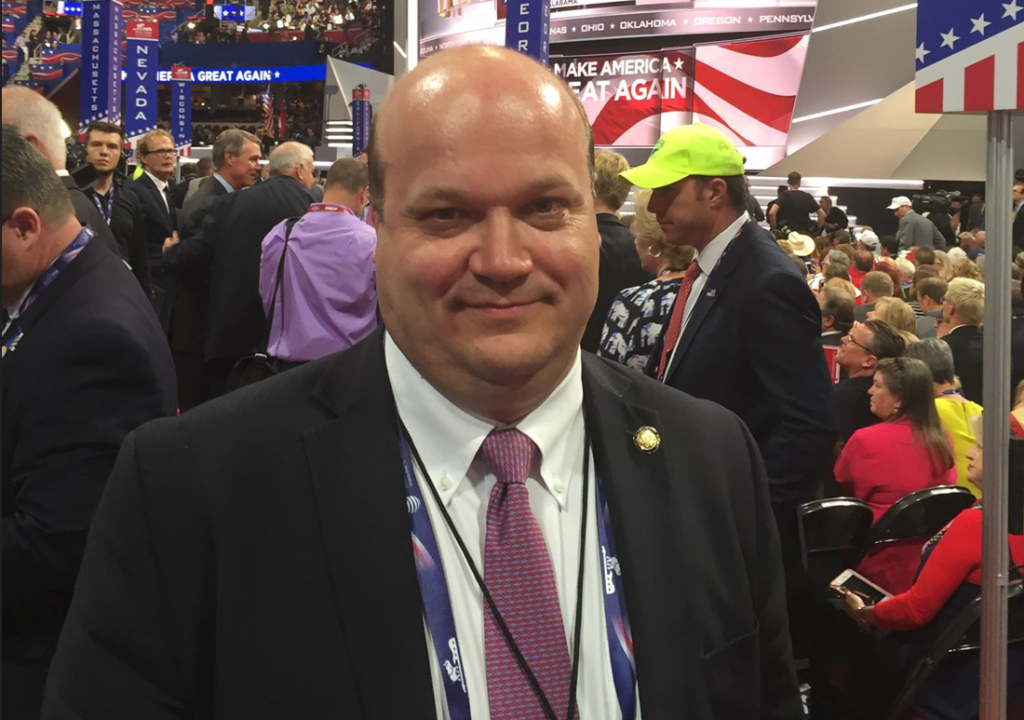
Former Ukrainian Ambassador to the US Valerii Chaly believes that Russia’s agreement to negotiations is an information operation to buy time and avoid sanctions. Chaly emphasizes that Russia’s ceasefire memorandum has long been published, and the Kremlin’s positions remain largely unchanged, Radio NV reports.
The Kremlin and Ukraine have not yet released the outcome following the meeting between United States Special Envoy to the Middle East Steve Witkoff and Russian President Vladimir Putin. However, talks about a possible meeting between Putin, Trump, and Ukrainian President Volodymyr Zelenskyy have intensified, which may indicate that some agreements have been reached.
In August 2025, Putin declared that the conditions for a ceasefire in Ukraine remain:
- Ukraine must fully withdraw its troops from the so-called Donetsk, Luhansk, Kherson, and Zaporizhzhia oblasts, which Russia claims as its own,
- Ukraine must renounce NATO membership and adopt a neutral, non-aligned, and non-nuclear status,
- The Kremlin demands the lifting of Western sanctions imposed due to its aggression.
Ukraine and its international partners reject these demands as unacceptable since they imply capitulation.
“Russia understands it can still buy time… it’s simply a stunt,” says diplomat Chaly.
However, he admits some Russian demands may have softened, such as Ukraine’s neutrality or the official status of the Russian language.
A trap for Ukraine — US pressure to accept unpopular decisions
Chaly warns that the Americans, as mediators, may pressure Kyiv to accept terms unsupported by Ukrainian society.
“Trump is already out of the game, we are left alone with the Russians, and Ukraine is essentially blamed for breaking agreements. Then the war goes on Russia’s terms, no sanctions, and existing sanctions start to be lifted. That’s the trap,” he says.
Thus, the Kremlin could achieve the legalization of occupation.
Russia may offer “commercial” concessions
The diplomat suggests Russia might offer the US joint access to natural resource development as a bargaining chip to pressure Kyiv.
“The Russians present it as a ‘gift’ in exchange for American pressure on Ukraine to accept maximum Russian ultimatums,” Chaly adds.
He stresses Ukraine must remain vigilant against such traps, as “Russians are skilled at setting them,” and that it is premature to expect a genuine peace process.
One such trap would be Ukraine accepting the de facto recognition of occupied territories as Russian.
Ukraine needs strong allies at the negotiation table
Chaly underscores the risk of isolation if European countries are absent from peace talks.
“If Europe is not present, who will stand with us at the table?” he asks.
Ukraine must avoid empty formalities in negotiations.
“Because while Russia pretends to negotiate, it continues ballistic missile strikes on the front lines,” Chaly warns.
